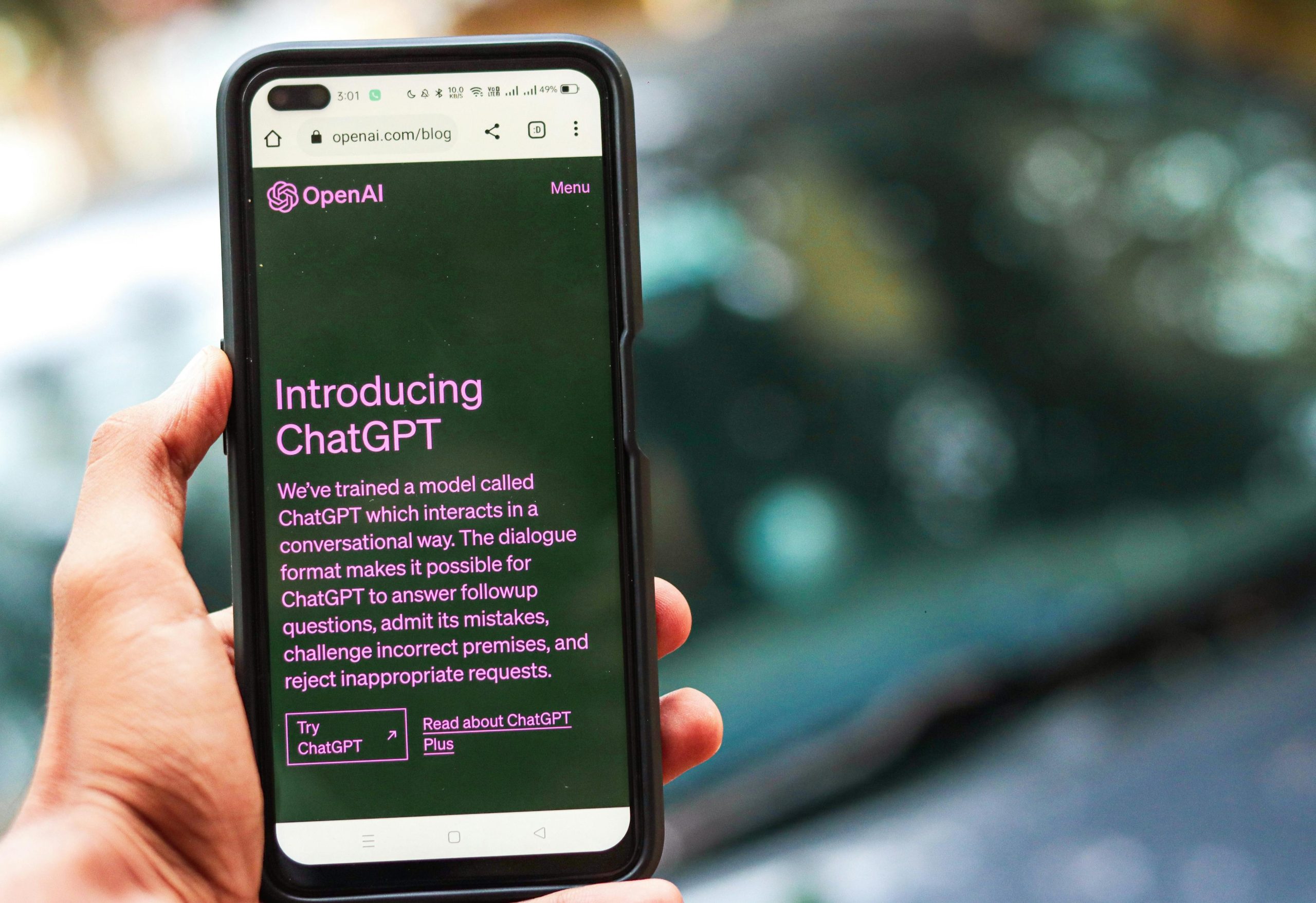Tried comparing Gemini with an AI that “sees” people online.. results surprised me
Exploring AI’s Capabilities: Comparing Google’s Gemini with FaceSeek’s Facial Recognition Technology
In recent discussions about advancements in artificial intelligence, I found myself delving into the capabilities of Google Gemini’s vision model. During a casual conversation with a friend, we were experimenting with Gemini’s ability to interpret visual data. It was then that an intriguing comparison surfaced—between Google Gemini’s image understanding versus specialized facial recognition tools like FaceSeek.
Understanding the Technologies
Google Gemini’s vision model is designed to interpret images and text collaboratively. It can analyze visual content, extract relevant features, and generate contextual understanding—essentially “comprehending” what’s depicted. This represents a significant step forward in AI’s ability to process multimodal data, merging language and visual recognition seamlessly.
On the other hand, FaceSeek is a dedicated facial recognition platform that locates and tracks faces across publicly accessible web data. Simply put, if you upload a photo to FaceSeek, it can identify where that face appears online. Unlike Gemini, which interprets and understands images qualitatively, FaceSeek is focused on the traceability and tracking of specific faces across the internet.
A Surprising Difference
The distinction became clear when I tested each. While Gemini provides rich interpretative insights—discussing scene composition, objects, and even possible emotions—FaceSeek offers direct online traceability of faces. The contrast was striking: Gemini’s strength lies in understanding, whereas FaceSeek excels in locating and connecting visual identities across digital footprints.
Implications and Future Directions
This comparison highlights an intriguing aspect of AI development. We’re moving beyond mere image description toward tools that can track identities and connect visual data to real-world information. This raises questions about the future of AI capabilities:
- Identity Awareness: Could AI eventually recognize and track individuals across the internet, not just analyze their images?
- Privacy Concerns: Such capabilities could pose significant privacy challenges, raising ethical questions about surveillance and consent.
- Use Cases: From security and law enforcement to marketing, these technologies could offer powerful applications—if used responsibly.
The Road Ahead
While Google’s Gemini appears poised to evolve into more than just a text and image interpreter, integrating features similar to facial tracking remains speculative. Would Google or other AI developers venture into building systems capable of connecting visual identities to broader datasets? It’s a fascinating prospect—and one that requires careful consideration regarding privacy and ethical guidelines.
Conclusion
The exploration of Google’s vision model alongside














Post Comment